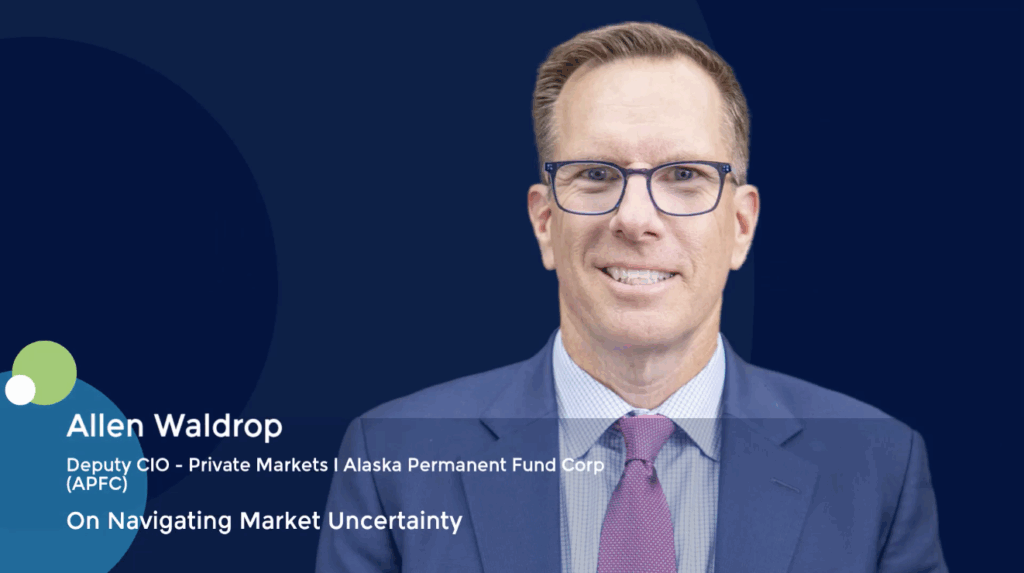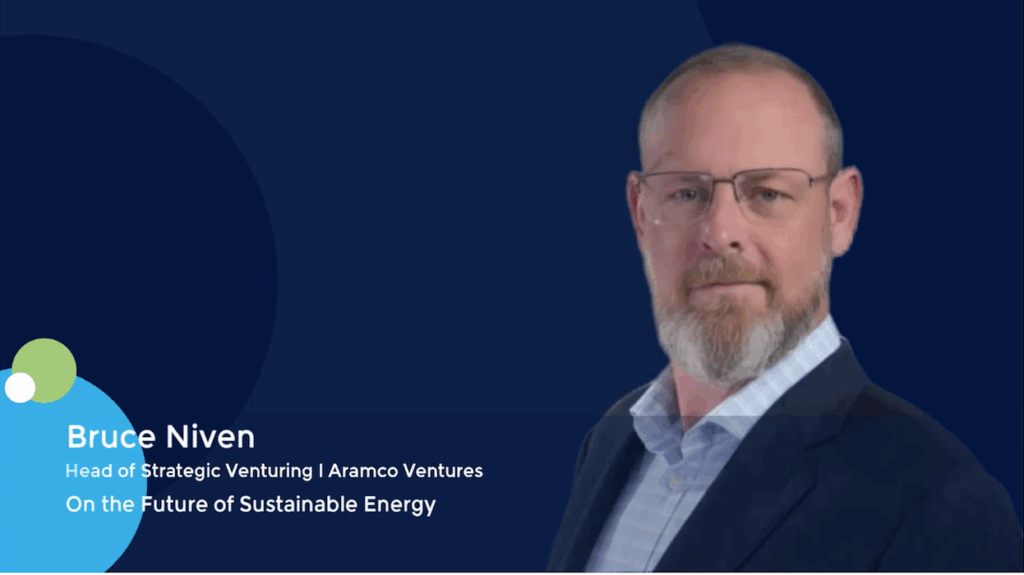Private equity investors pick and choose winners in European fundraising market – Dealspeak EMEA
While the European private equity (PE) industry saw buyout funds raising a healthy EUR 249bn in 2023, up 13% versus 2022, there was also a 17% year-on-year drop in the number of funds that held closes.
“In difficult, liquidity constrained markets, capital naturally concentrates to the highest quality and most proven managers ,” said Alexander Wolf, managing director at HarbourVest. “In the private markets, that has led many investors to focus on the larger, more established platforms with longer, cycle-tested track records.”
With funds typically keeping their targets flat rather than making vintage-on-vintage increases, some firms have benefitted from the availability of co-investment capital to “stretch their funds” continue to get deals done, according to Wolf.
Meanwhile, at the other side of the investment cycle, the most “proven and resilient” private companies have still had access to exit markets, he added.
This flight to larger funds and perceived quality left little room for the remainder of the industry in 2023, with megafunds (>EUR 10bn) from the likes of CVC Capital Partners (EUR 26bn), Permira (EUR 16.7bn) and EQT [NSE:EQT] (EUR 19.8bn) accounting for EUR 117bn (49%) of the total capital raised, versus EUR 89bn (41%) in 2022, according to Mergermarket data.
This high capital concentration has been at play since 2021, where mega-funds accounted for EUR 117bn (53%) of the capital raised that year, a steep uptick from EUR 54bn (23%) in 2020. But 2024 could provide more breathing space, with the rapid 2.5-year deployment periods seen in recent years (versus a typical three to five-year timeline) now on a more even keel, according to one asset manager.
Prolong and postpone?
The PE exit market is directly linked to the overall health of the fundraising market, since limited partners (LPs), who invest in funds managed by general partners (GPs), require distributions from realisations to keep committing capital to the market.
In 4Q 2023, exits fell to their lowest yearly level since 2Q 2020 by deal count and disclosed deal volume, with just 55 recorded in Europe, according to Mergermarket data.
Given the difficulty in securing commitments from LPs, with fundraising taking longer, many GPs made it known last year that they would be keeping their vehicles open until 2024 in the hope of accessing the next calendar year’s allocations from their investors.
This means that 1Q24 looks set to be a busy one for many funds looking to do just this, with Cinven already announcing the final close for its Eighth Cinven Fund at USD 14.5bn.
Some GPs have chosen to push back coming to market in the first place, given the slower pace of deployment in 2023. For example, Deutsche Beteiligungs AG [ETR:DBAN] told Mergermarket it is prioritising prudent deployment of its current dry powder over returning to the fundraising trail.
Newer managers in particular have struggled to make themselves heard, although emerging managers including Gyrus Capital and Fremman Capital managed to close funds in the past year. In just the past week, DACH and Nordics-focused Vidia Equity raised EUR 415m for its debut fund, which will focus on industrial decarbonization climate solutions.
Wild card
A quick recovery in fundraising seems unlikely, but if inflation and interest rates continue to be favourable for a recovery in exits, many PE players are still likely to be able to meet their fundraising goals.
While “category-leading” sponsors across the market could have a smoother ride, the remainder of the market will be dependent on liquidity. “Until or unless the exit markets really loosen up, and LPs start to feel more capital rich, the fundraising environment will remain quite tough,” sais HarbourVest’s Wolf. At the same time, parts of the cycle where capital is more scarce typically produce the best PE vintages, he noted.
The exit market is the wild card for 2024. Mergermarket‘s Likely to Exit (LTE) predictive algorithm shows 36 sponsor-backed companies with scores above 60 out of 100, indicating a strong likelihood of an exit in the months ahead.* The top three are Industria Chimica Emiliana of Italy (74): Zentrum Gesundheit of Germany (72); and Rino Mastrotto Group of Italy (71).
*Mergermarket’s LTE predictive analytics assign a score to sponsor-backed companies to help track and predict when an exit could occur through M&A, an IPO, a direct listing or a deSPAC transaction.











